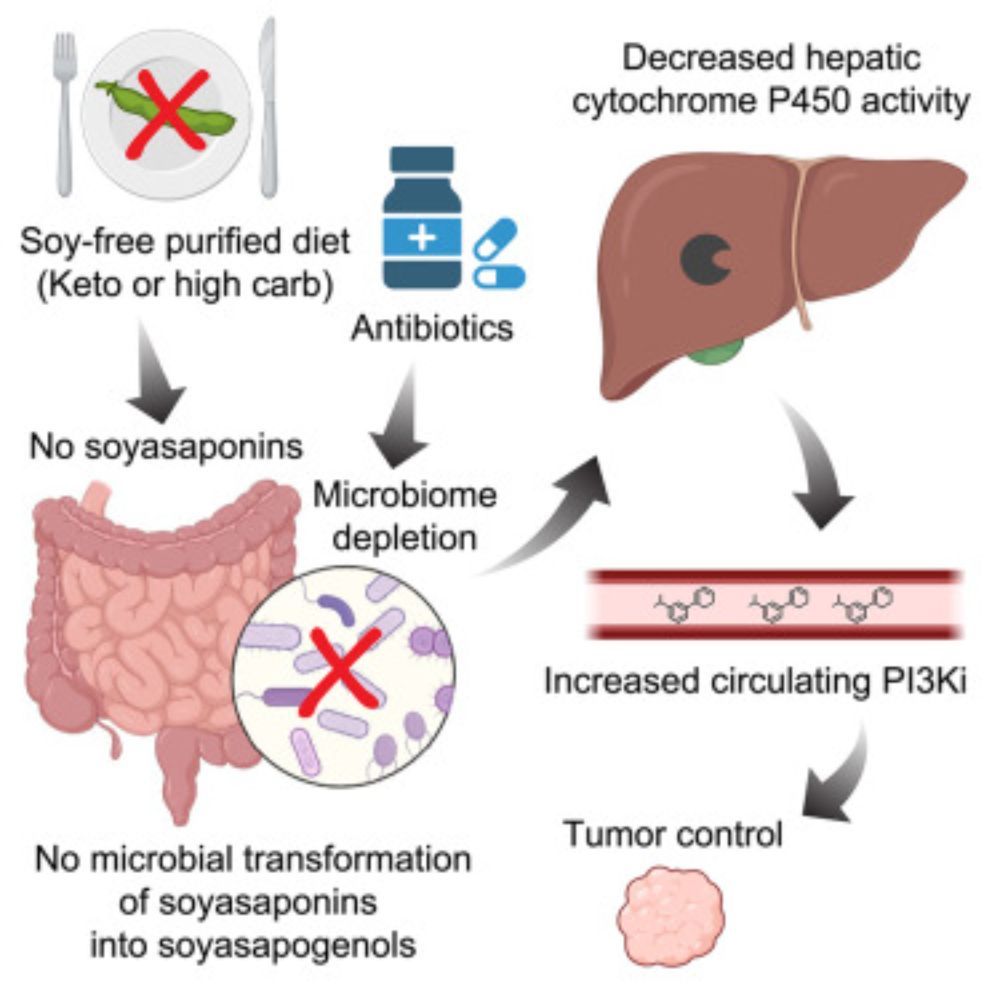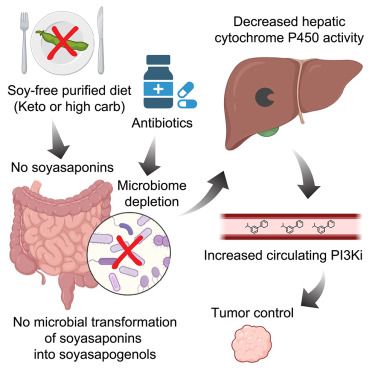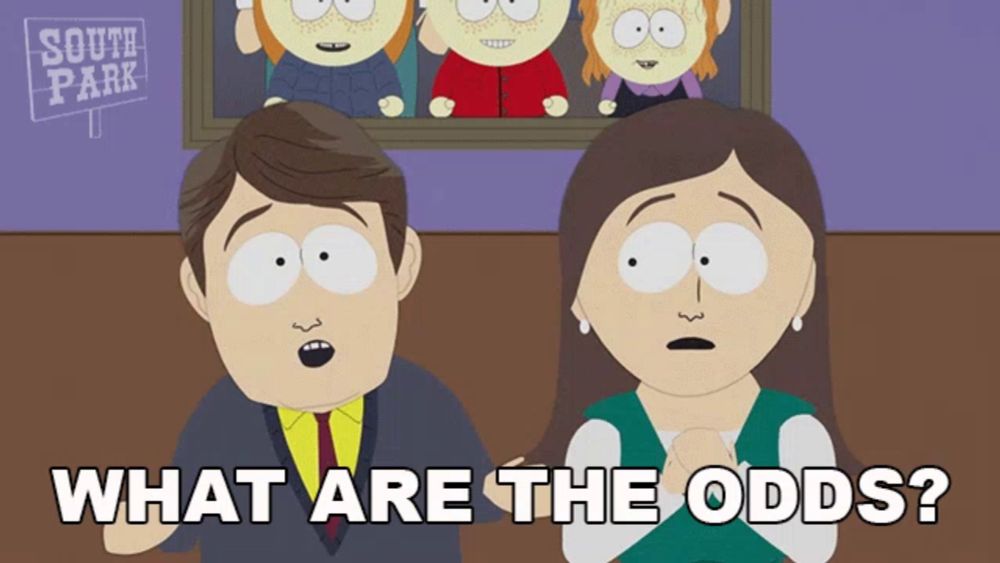Asael Roichman
@asaelroichman.bsky.social
180 followers
120 following
23 posts
Postdoc in Josh Rabinowitz's lab at Princeton University, studying how diet affects cancer therapy
Posts
Media
Videos
Starter Packs
Pinned
Asael Roichman
@asaelroichman.bsky.social
· May 19
Asael Roichman
@asaelroichman.bsky.social
· May 19
Asael Roichman
@asaelroichman.bsky.social
· May 19
Asael Roichman
@asaelroichman.bsky.social
· May 19
Asael Roichman
@asaelroichman.bsky.social
· May 19
Asael Roichman
@asaelroichman.bsky.social
· May 19
Asael Roichman
@asaelroichman.bsky.social
· May 19
Asael Roichman
@asaelroichman.bsky.social
· May 19
Asael Roichman
@asaelroichman.bsky.social
· May 19
Asael Roichman
@asaelroichman.bsky.social
· May 19

Suppression of insulin feedback enhances the efficacy of PI3K inhibitors - Nature
Glucose–insulin feedback can reactivate PI3K in tumours treated with PI3K inhibitors, reducing therapeutic efficacy, but this effect can be reduced by using drugs or diet to suppress the insulin respo...
www.nature.com
Asael Roichman
@asaelroichman.bsky.social
· May 19

Microbiome metabolism of dietary phytochemicals controls the anticancer activity of PI3K inhibitors
Diet can impact anticancer drug activity. A classic example in rodents is a ketogenic
diet enhancing PI3K inhibitor activity. Here, we show that phytochemicals and their
microbiome derivatives, rather...
www.cell.com
Asael Roichman
@asaelroichman.bsky.social
· May 19












